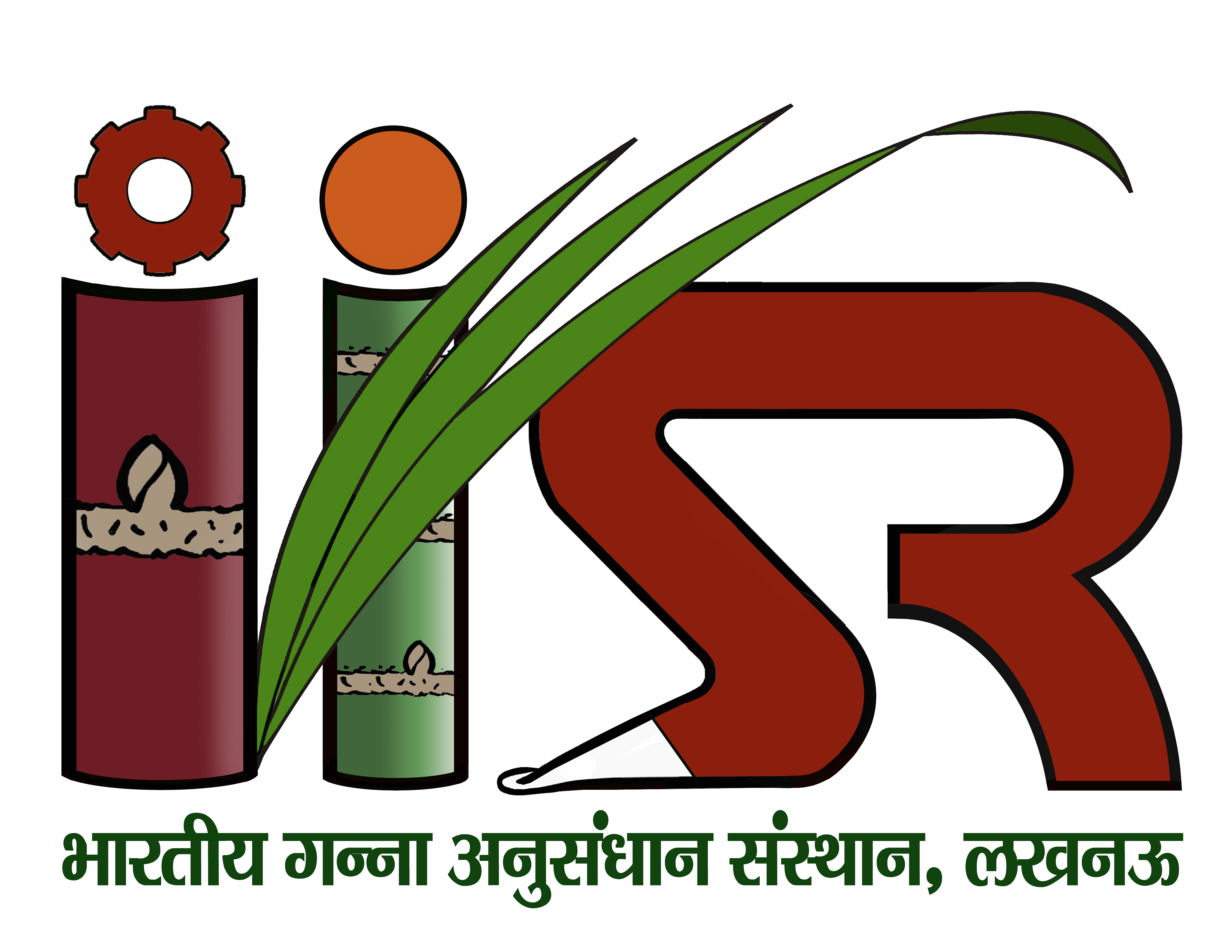| Division is known for development of leading sugarcane varieties such as CoLk 8001, CoLk 8102, CoLk 94184, CoLk 9709, CoLk 09204, CoLk 11203, CoLk 11206, CoLk 12207 and CoLk 12209 which are occupying sizeable area in UP, Bihar, Odisha etc. The varietal development efforts are directed towards high cane yield, sugar content, resistance to red rot and tolerance to water logging. The Division is actively engaged in pre-breeding especially for high sugar, red rot resistance and top borer tolerance. Division is producing breeder seed through conventional and Micro-propagation at Lucknow. Division is also recognized as DUS testing centre of sugarcane for sub tropical India and over 176 varieties are maintained. DNA based markers and rDNA sequence analysis have been used for molecular characterization and genetic diversity studies of sugarcane genotypes and some pathogenic fungi of sugarcane apart from the genetic fidelity analysis of micro-propagated plantlets of sugarcane. |
| Polymorphic primers have been identified in clones with varying sugar content, which shall be validated further in segregating populations.PCR based diagnostic approaches have been developed for detection of red rot, smut and grassy shoot diseases of sugarcane. |
| Inherent chromosome mosaicism of cultivated genotypes, cytotype identification in S. spontaneum, FISH-based detection of RDNA genes on chromosomes of Saccharum species, and anatomical studies of roots of sugarcane under water logging have been carried out. |
| The institute has developed >25000 ESTs using Indian sugarcane genotypes. Among these, 351 novel EST-SSRs were identified and validated out of 4085 EST sequences from two Indian genotypes (cDNA library from: CoS 767, Co 1148). Experimental validation revealed 227 ESTs as cross-transferable (87% in Saccharum & 80.6% in sorghum, 76% in other cereals). 85 drougrt-ESTs were identified using variety Co 767, and 25 red rot response-specific ESTs were identified using red rot susceptible Co 1148 and a red rot resistant variety BO 91. These EST resources would be useful in analyzing sub-structure and core-collection for admixtures. |
| LD-based marker-trait associations (MTAs) were identified for sucrose and yield contributing traits using a panel of 109 sugarcane genotypes and 989 SSR marker loci produced by 123 SSR primers. Significant MTAs were identified for 4 markers with cane diameter, 7 markers each with cane length and number of millable canes (NMCs), 11 with number of nodes, 6 with sucrose per cent, and 5 markers with average cane weight. 15 markers were found stable for all the 3 years of study that cumulatively explained 57% trait variation for NMCs, 34% for cane width, 27 % for cane length, 20 % for sucrose content, and 19 % for number of nodes. |
| For identification Candidate genes for red rot resistance using association mapping and comparative genomics, a panel of 119 sugarcane genotypes was utilized and screened against red rot pathogen C. falcatum races Cf01, Cf08, Cf09, and fingerprinted for 944 alleles produced by 115 EST-SSRs. Mixed linear model detected four trait associated markers (MTAs) that explained 10-16% trait variation; and EST sequences diagnostic of three could be mapped on to sorghum genome. Several genes encoding important plant defense related proteins [Glycerol-3-phosphate transporter-1, MAP Kinase-4, Serine/threonine-protein kinase, Ring finger domain protein, etc.] were localized to the vicinity of these MTAs. |
| An Accredited Test Laboratory (ATL) for genetic fidelity and virus indexing of tissue culture raised plants was established at IISR, Lucknow with the financial support from Department of Biotechnology, New Delhi under National Certification System of Tissue Culture-raised Plants (NCS-TCP). Since its establishment in March 2015, a total of 14353 samples were tested out of which 5428 (854 of sugarcane + 4574 of banana) mother stock were tested for virus indexing. Of the 14353 samples tested, 8925 (1940 of sugarcane + 6985 of banana) were tested for virus indexing and genetic fidelity for batch certification, which equals to quality certification of 89 Lakh tissue culture plantlets. |
| The division has also developed micropropagation protocol for Production of virus-free and genetically uniform seed cane of popular sugarcane varieties: CoLk 94184, CoLk 9709, Co 0238, Co 05011, CoLk 09204. Some of the newly released sugarcane varieties like CoLk 11203, CoLk 11206, 12207 and 12209 are now been establish for rapir multiplication. Tissue culture sugarcane after one cycle of multiplication in the field could be distributed as genetically uniform seed cane. |



